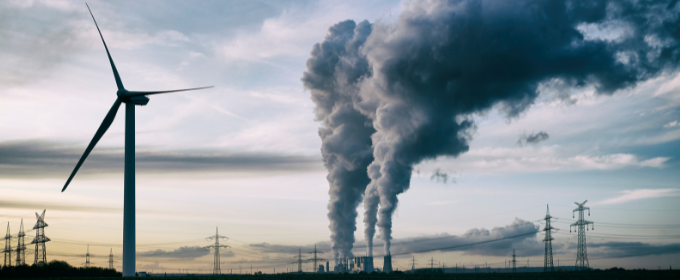Development of a low carbon hydrogen-based economy is seen as a major part of achieving net-zero emissions across the world. Hydrogen is a flexible and potentially non-polluting fuel because it only produces water when it is used in fuel cells or burnt. However, the production of hydrogen can have a high carbon footprint depending on […]









